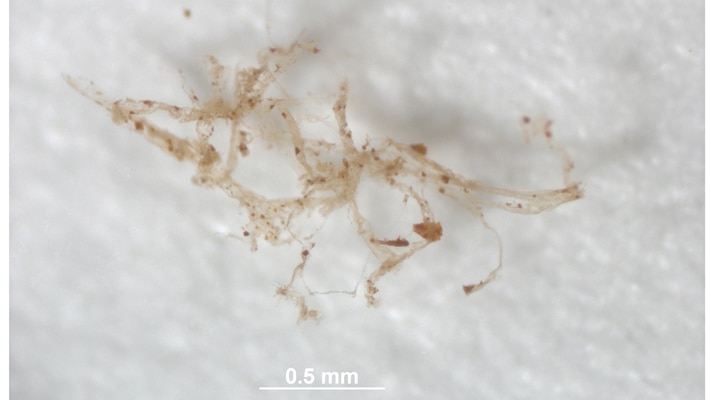paleontology
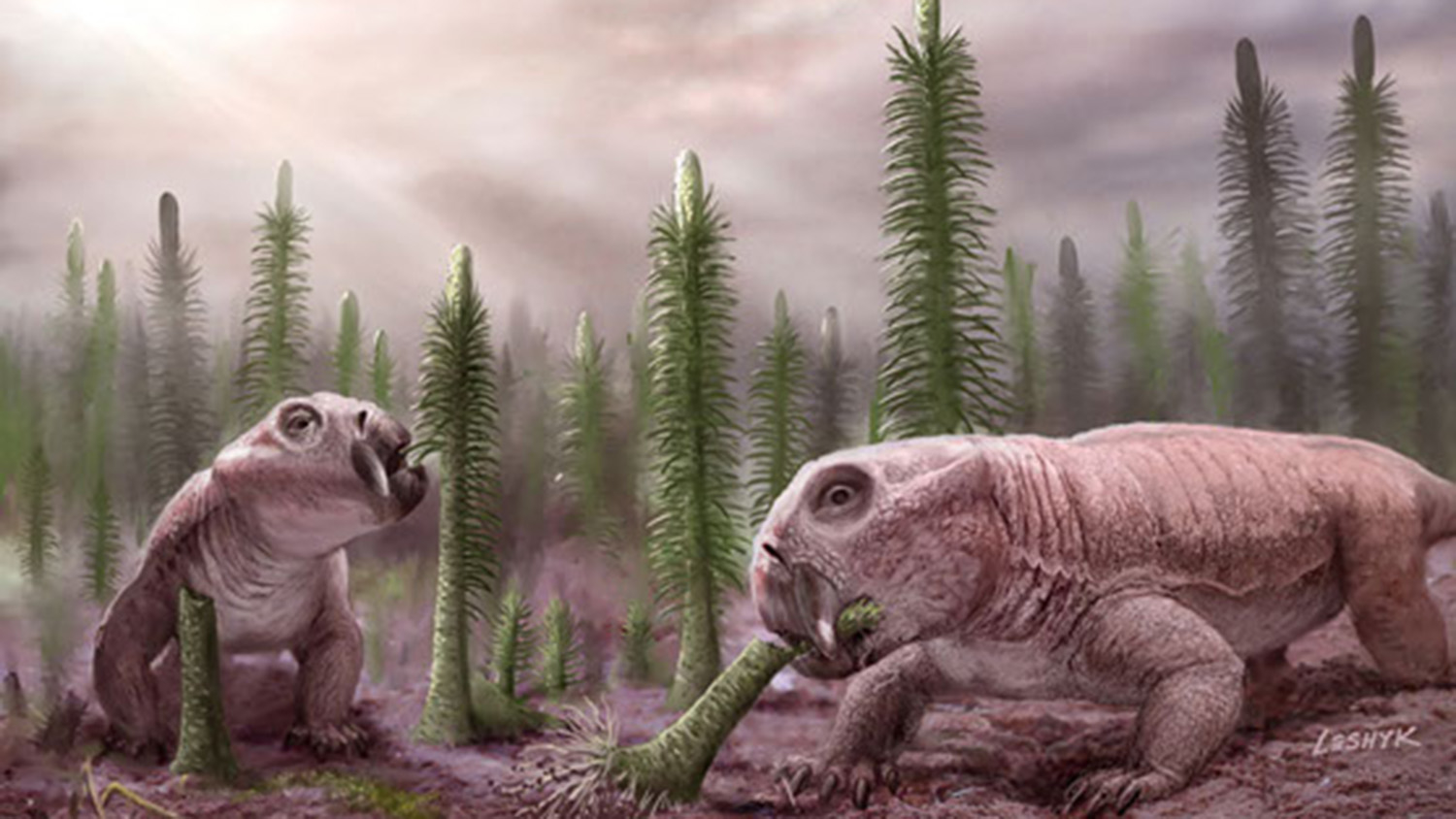
Mass Extinctions Led to Low Species Diversity, Dinosaur Rule
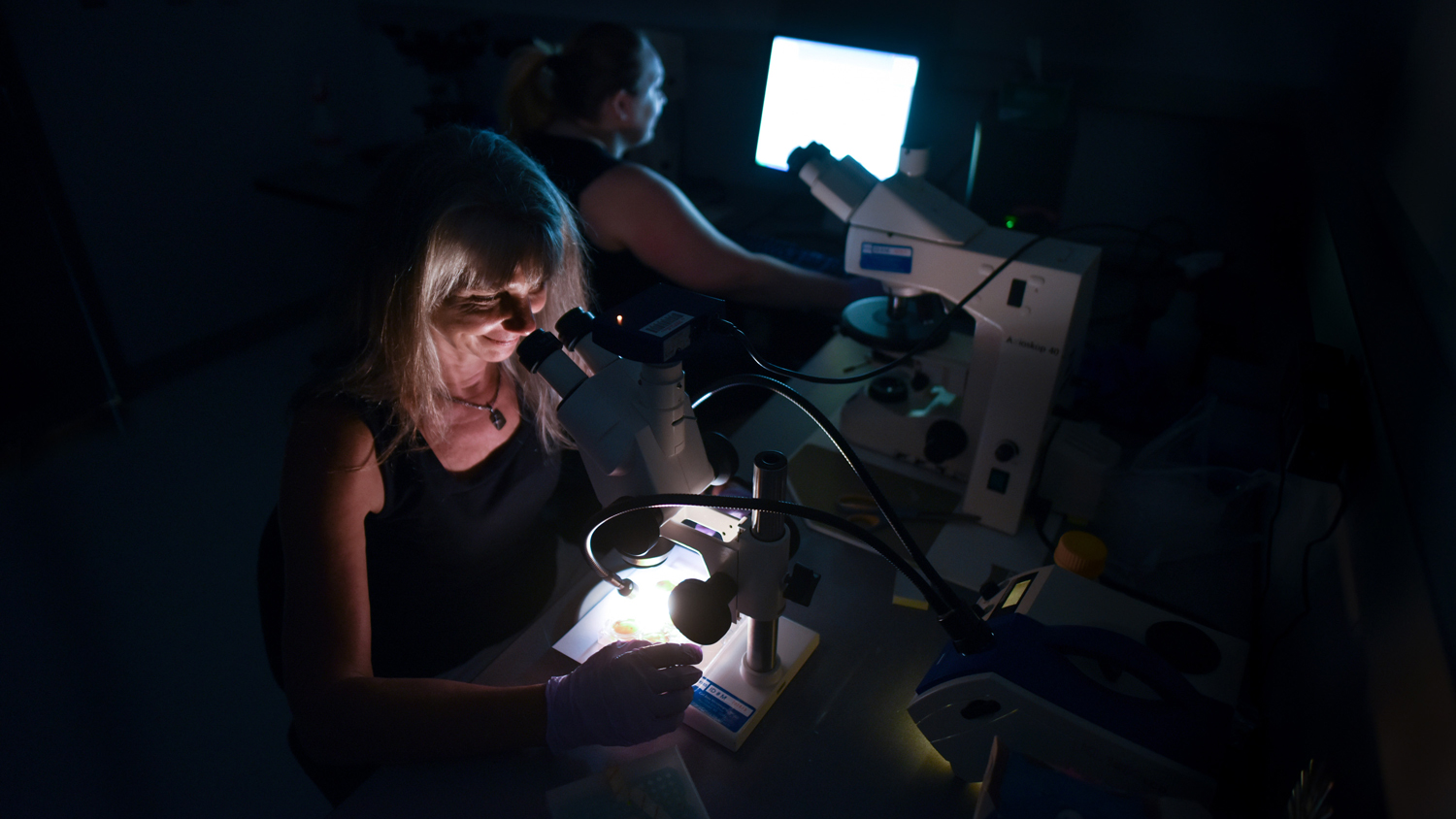
Dino Pioneer
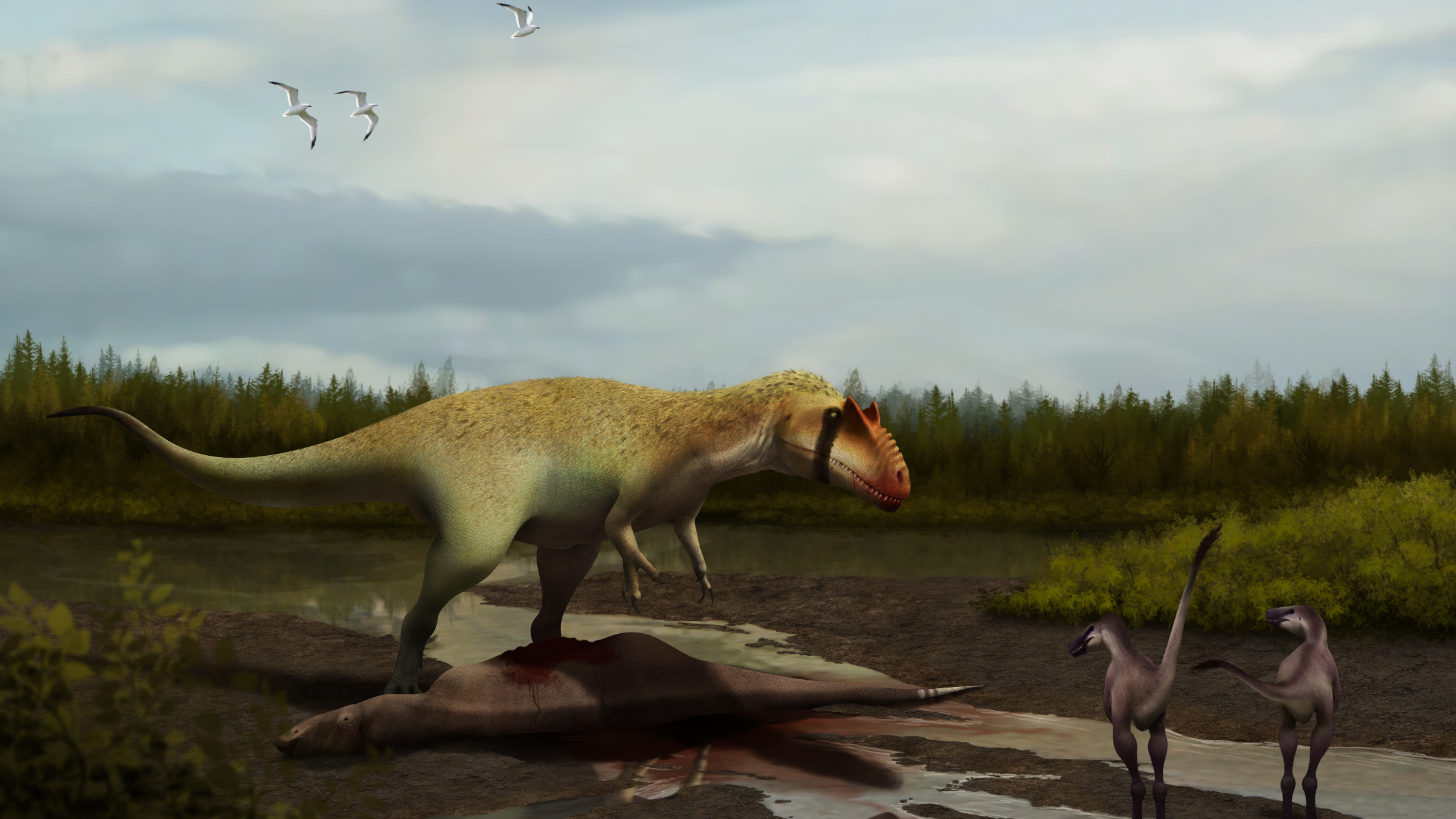
Quiz: Do You Know Your Dinos?
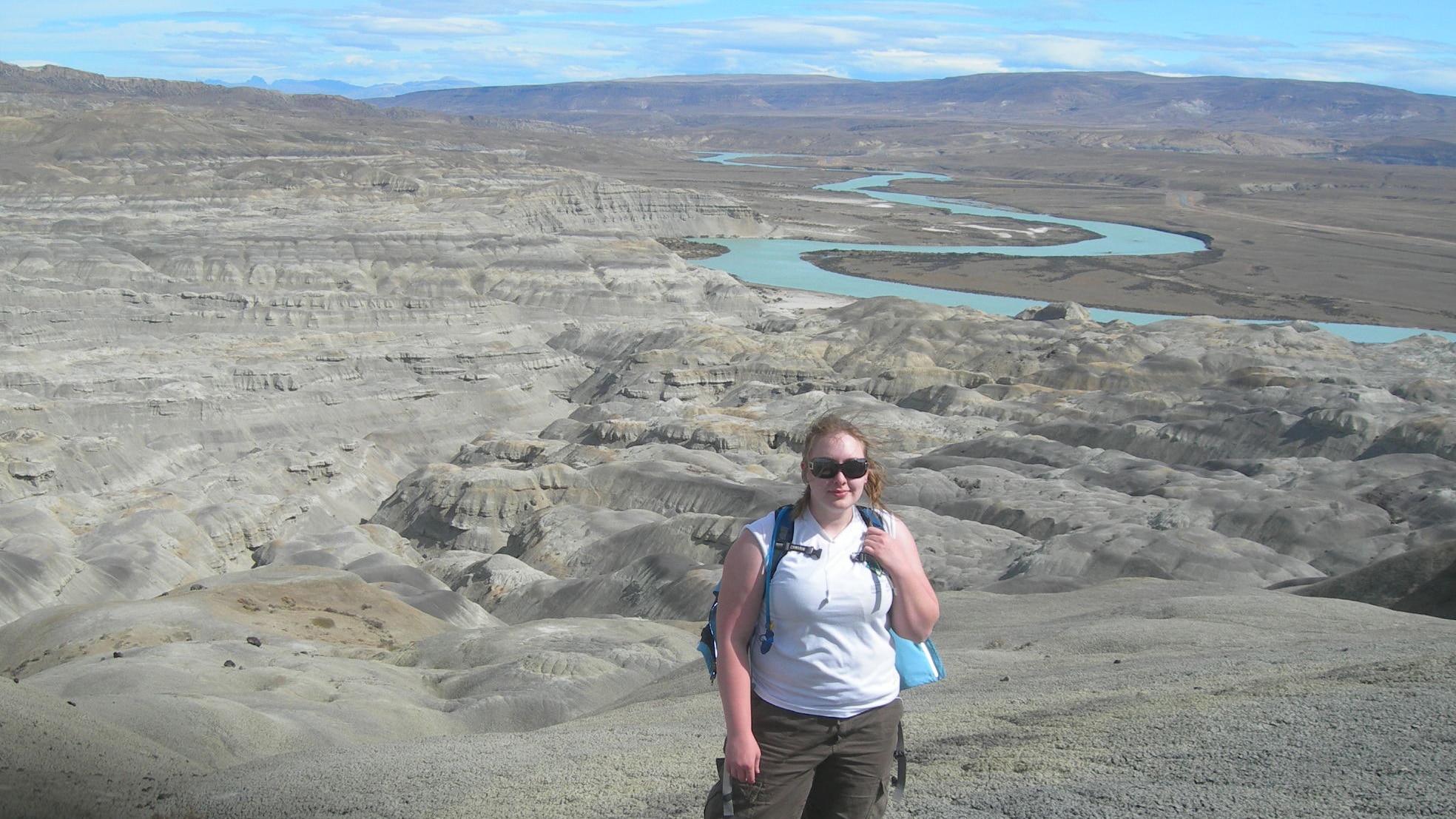
Schroeter Wins Arnold O. Beckman Postdoctoral Fellowship
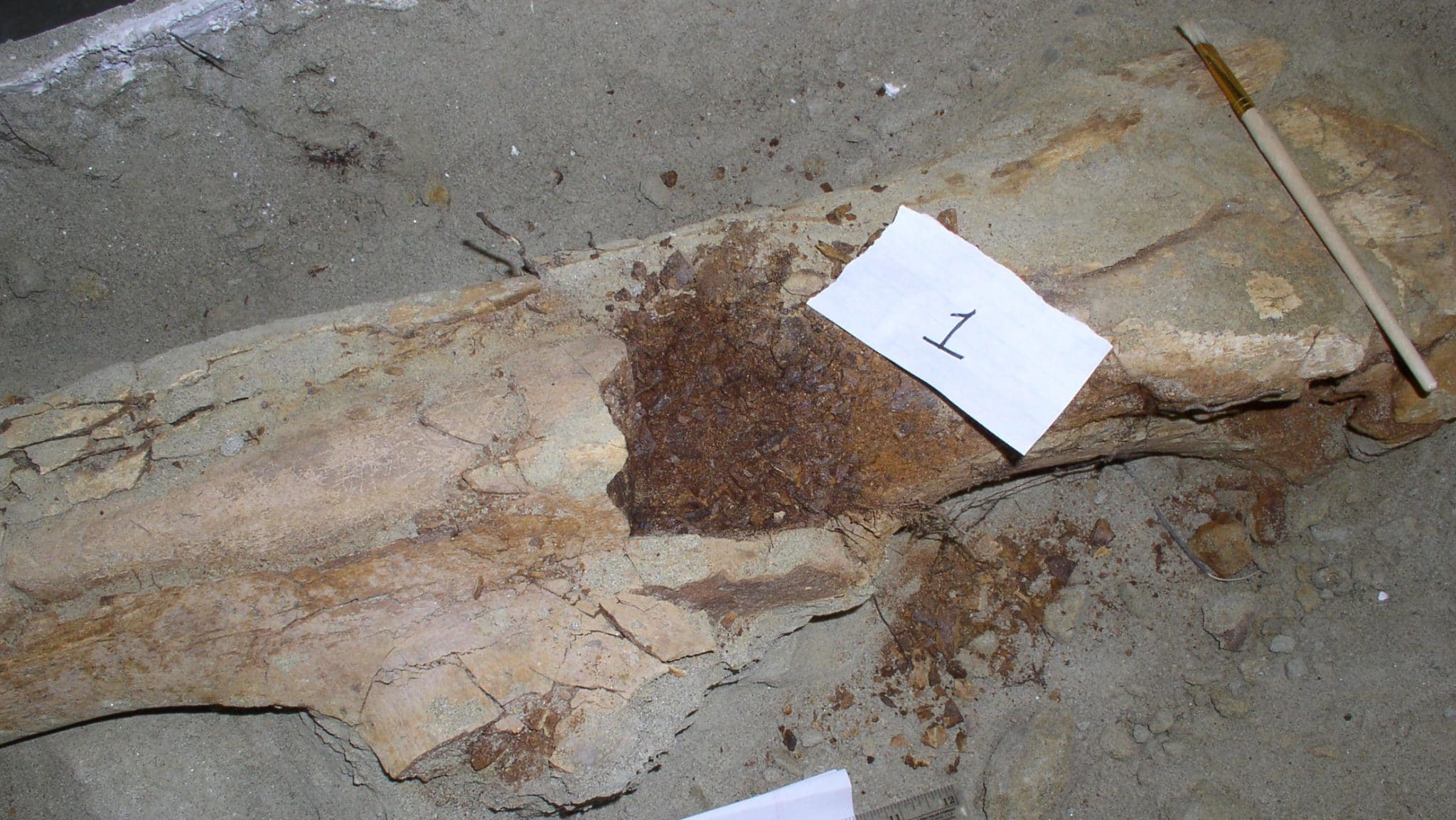
80-Million-Year-Old Dinosaur Collagen Confirmed

Keratin and Melanosomes Preserved in 130-Million-Year-Old Bird Fossil

Original Dinosaur Claw Sheath Proteins Preserved for 75 Million Years
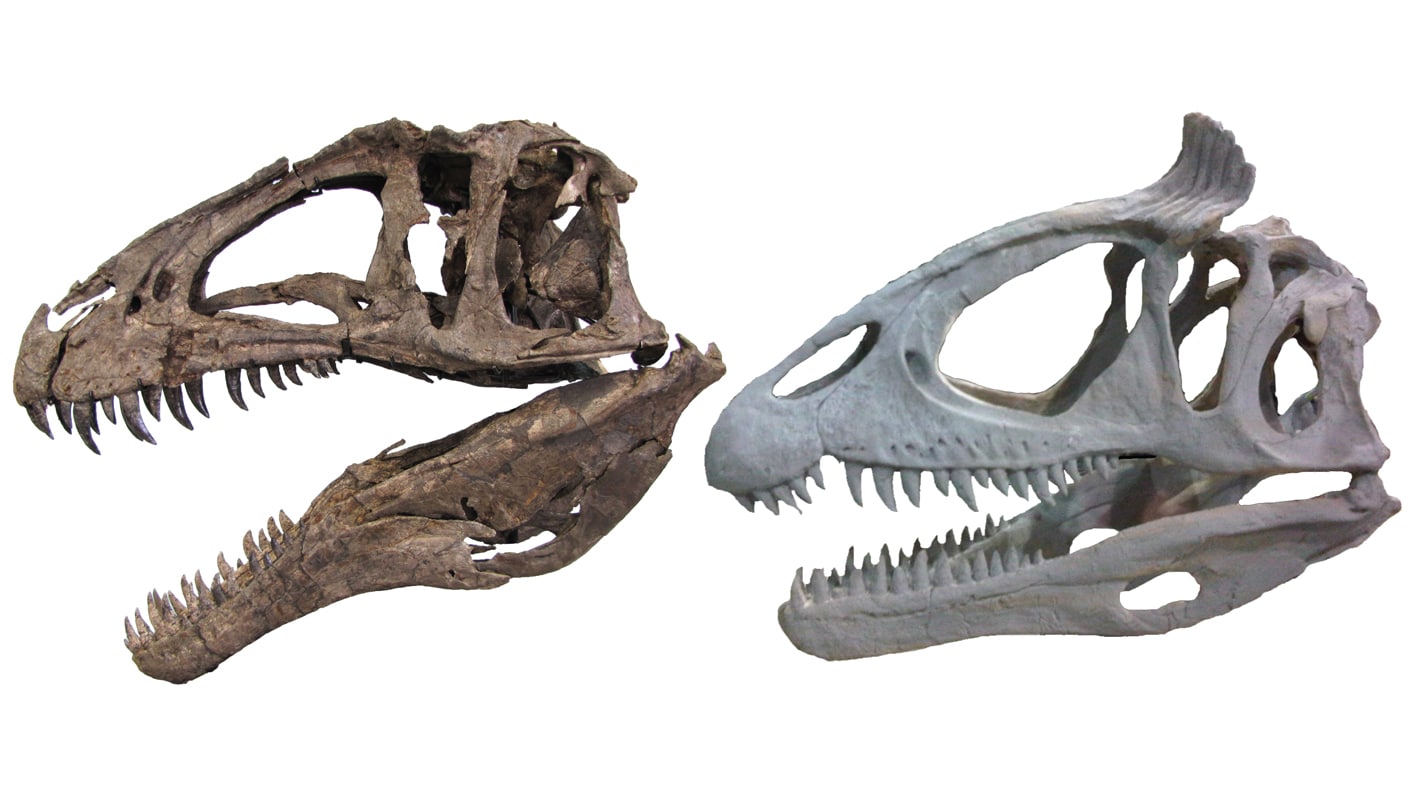
Outrageous Heads Led to Outrageously Large Dinosaurs
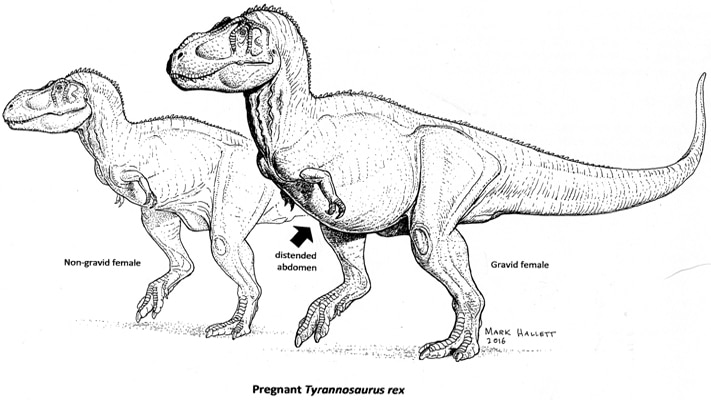
Pregnant T. Rex Could Aid in Dino Sex-Typing
